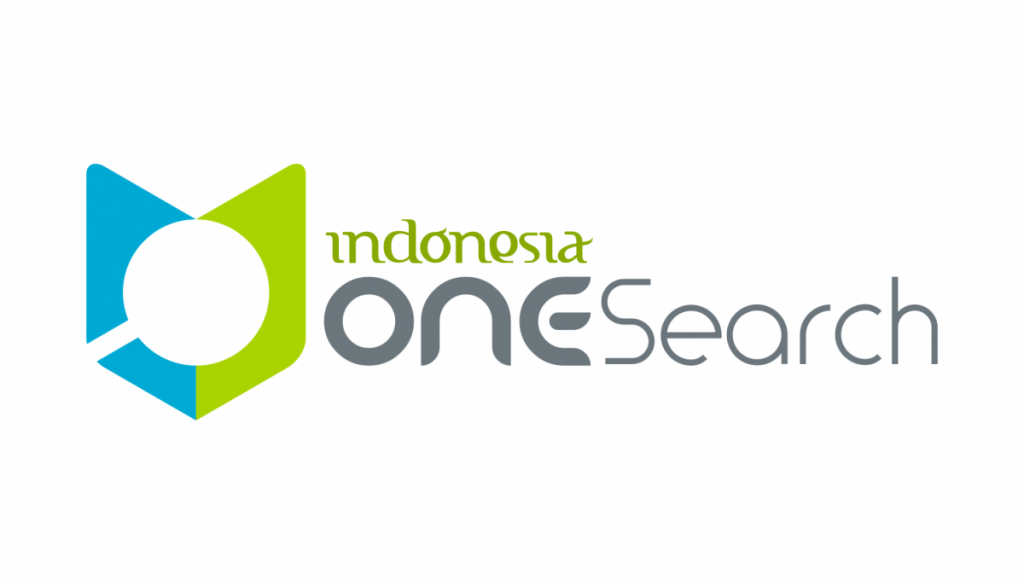Penerapan Metode First Come First Served (FCFS) Pada Sistem Informasi Layanan Perawatan dan Perbaikan Aset Kampus
 Abstract views: 716
,
Abstract views: 716
,
 PDF downloads: 5710
PDF downloads: 5710
Abstract
Assets are resources owned by an entity. Cilacap State Polytechnic is a higher education institution that has many assets. Current asset maintenance and repair services are still carried out conventionally. Each work unit must fill out a maintenance and repair proposal form and then submit it to the Maintenance, Repair, and Maintenance Unit (UP3). The proposal will be recorded and scheduled to be followed up by the Technician. The problem that occurs is that the proposal form is often scattered and even lost so the response time is often slow. In addition, maintenance and repair schedules are often not ordered according to the time of the request. This has an impact on the abandonment of work in certain work units. The purpose of this research is to create an information system for the repair and maintenance of campus assets. In order for maintenance and repair services to be carried out according to the time of the request, the FCFS method is applied. Thus, the service process for maintaining and repairing campus assets becomes more organized, schedules (queues) are sequenced, and the response time for incident handling is faster.

This work is licensed under a Creative Commons Attribution 4.0 International License.
Authors who publish with this journal agree to the following terms:
- Authors retain copyright and grant the journal right of first publication with the work simultaneously licensed under a Creative Commons Attribution License that allows others to share the work with an acknowledgement of the work's authorship and initial publication in this journal.
- Authors are able to enter into separate, additional contractual arrangements for the non-exclusive distribution of the journal's published version of the work (e.g., post it to an institutional repository or publish it in a book), with an acknowledgement of its initial publication in this journal.
- Authors are permitted and encouraged to post their work online (e.g., in institutional repositories or on their website) prior to and during the submission process, as it can lead to productive exchanges, as well as earlier and greater citation of published work (See The Effect of Open Access).

















